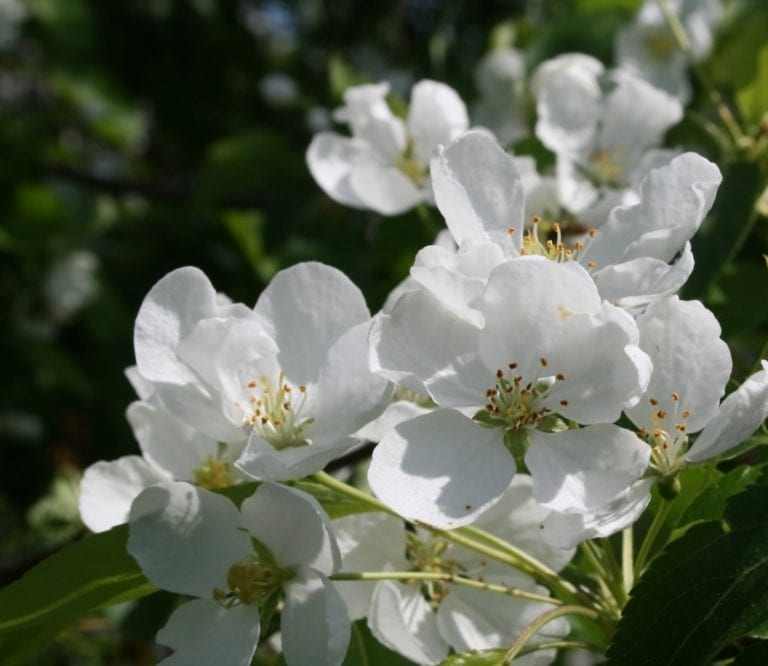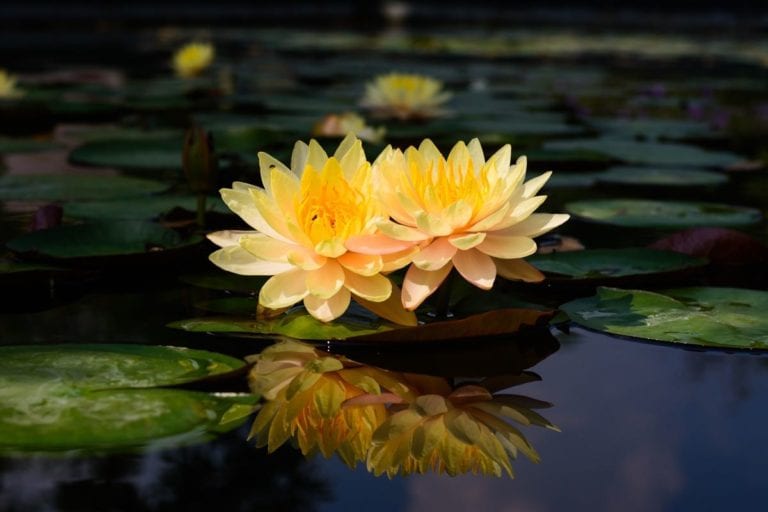Similar Posts

820th Week: The Importance of Hope
In a recent interview with Bryan Stevenson with Krista Tippett on her On Being program, I found myself resonating with a new and deepened experience and understanding of hope. During the interview, Bryan said something along the lines of “without hope there can only be injustice.” It had to do with what happens to people when they lose hope. They give up, we give up if we don’t have hope that things can be different.
Here’s the link to the podcast, in case you’d like to hear it:https://podcasts.google.com/feed/aHR0cHM6Ly9mZWVkcy5zaW1wbGVjYXN0LmNvbS9BdUF4SF9CZg/episode/NzRlNzI4NGEtNDgyNC00MGI0LWFhMjgtODRjNTE3MDFkYTJl?hl=en&ved=2ahUKEwj7kIzZwrntAhXqpVkKHUJiAwcQjrkEegQIBRAI&ep=6
I remember being in a class a long time ago where someone taught that hope implies that we don’t have what we need. Now that I have returned to an early interest in quantum physics and what the dynamics of quantum realities reveal, I have a different take on hope. I now relate to hope as a dynamic statement of intention orienting me to possibilities that contain positive outcomes I can’t currently imagine. They key is that my relationship to hope resonates with intentions focused on healing, on opening the hearts of all humans, and more. I no longer feel that hope implies lack. For me, now, it implies focused attention on potential healing outcomes.
Read More “820th Week: The Importance of Hope”
July 2019 Audio Meditation
For those who would prefer a guided meditation with visual images, here’s a link to the youtube version: https://youtu.be/vP9ILva4lh4

February 2020 Audio Meditation
For those who would like to have images with your meditation, here’s our link to YouTube for an audio meditation with images…
